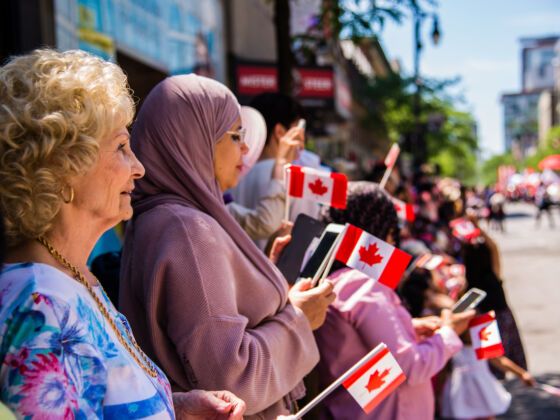A friend told me that, one day, the cafe in his work, whose employees had always cheerfully spoken to him in English before, had suddenly changed all signs to French-only, and not a word of English was heard. “If I give them my order in English, they still respond in French,” he said.
A week or so later, he reported that the cafe was under new management. “The manager told them not to speak English to anyone,” he said. Most of the employees in the cafe were what Québécois call “allophones”, people whose first language is neither English nor French — which meant that English was just one of a number of languages they spoke.
